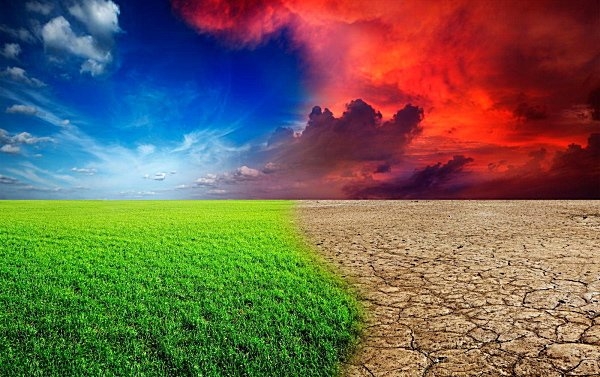Rains in Europe, Canada and the US and drought in Brazil will have a strong impact on grain markets this week

Cyclone Boris brought heavy downpours to the countries of Central and Eastern Europe, which led to floods. Rivers overflowed their banks in Poland, Romania and the Czech Republic, snow fell and avalanches occurred in Austria, hundreds of thousands of homes were left without electricity, some of them were flooded, power lines were destroyed, train traffic was complicated, and there were fatalities.
The amount of precipitation that fell in three days is 2-4 times higher than the average monthly rate for September, so the water level in the Danube reached the highest level in the last 20-30 years. Such weather stopped the harvesting of late crops and led to the loss of part of the harvest.
Hurricane Francine brought rain to the US Midwest. They will delay harvesting, but will replenish soil moisture reserves on the eve of winter wheat sowing. Next week, rain will continue and temperatures will drop, delaying the drying of soybeans and corn.
Heavy rains also occurred in the west of the Canadian prairies. They will spread to eastern areas next week and delay the harvest of canola and late crops, and may affect crop quality.
In the central Brazilian state of Mato Grosso, extreme heat prevails at 35-38 o C, and low soil moisture does not allow sowing of soybeans. Temperatures will remain high for the next 10-14 days and the rainy season will begin in just a few weeks. Late planting of soybeans may delay planting of second-crop corn. The southern states of Paraná and Rio Grande do Sul received heavy rains, which will improve the condition of wheat and corn crops and allow early sowing of soybeans.
In Argentina, the lack of precipitation delays the development of winter wheat and the sowing of corn. No rain is expected next week, and temperatures will be above normal.
Heavy rains fell in the west and south of Ukraine, while there was no precipitation in the eastern regions of Ukraine and the southwestern part of the Russian Federation, where winter wheat is grown, which will delay sowing. No precipitation is expected in these regions next week, so the winter wheat sowing period will be very short, and frosts are possible already in October and early November.
Sowing of winter rapeseed in Ukraine and the Russian Federation was not carried out in the optimal terms, therefore the area under it will be greatly reduced.
The Sahara desert - one of the driest places on the planet - began to turn green. It is forecast to receive 500% of its monthly rainfall in September, which could lead to cyclical changes and turn it into a forested region. Scientists explain this situation with global warming caused by human pollution of the planet.


